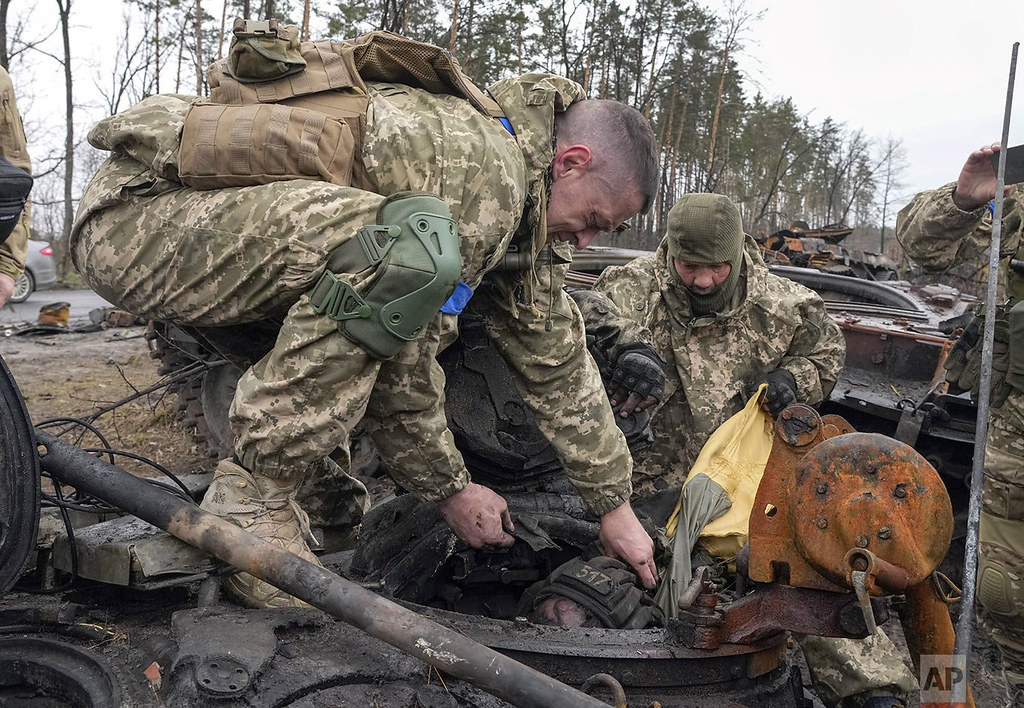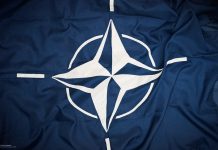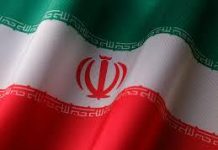
According to Bruno Kahl, the esteemed leader of Germany’s foreign intelligence service, the current disagreements within Russian society do not constitute a formidable challenge to the authority of President Vladimir Putin’s government. Kahl asserts that Moscow possesses an ample number of supporters and resources necessary for potential conflicts.
“We see no cracks in the Putin system,” said Kahl at the Federal Academy for Security Policy (BAKS).
In an intriguing revelation, Kahl voiced his perspective on Russia, asserting that the prevalent public criticism surrounding the handling of the war merely represents customary discord within Russian society.
He confidently asserted that these disputes, although visible, do not present a substantial menace to the formidable reign of the Putin regime.
“Russia is still capable of waging a long-range war,” said Kahl, pointing to newly-recruited soldiers. He went on to add, Russia has sufficient equipment and ammunition to continue to wage war against Ukraine.
Nevertheless, Russia exhibits certain susceptibilities, notably in the performance of its armed forces, said Kahl.
According to the astute German spy chief, the longevity of Putin’s strategic vision can ultimately triumph if the Western powers fail to provide meticulous and well-coordinated support to Ukraine.
In a momentous revelation, the German Intelligence Agency (BND) has unveiled its possession of intelligence that remarkably foresaw Russia’s deliberate intention to launch a wide-ranging invasion of Ukraine, a significant fortnight preceding the commencement of the conflict on February 24, 2022. This disclosure sheds light on the acute foresight and discernment of the BND in deciphering Russia’s strategic maneuverings in advance, underscoring the importance of intelligence agencies in the complex realm of geopolitical analysis.
“Around 14 days before the start of the war we detected phenomena that could not be interpreted any other way,” said Kahl.
In a swift response to the reproach directed at the US and British secret services for their delayed anticipation of the attack, Kahl offered a defense on behalf of the BND, asserting that their assessment was grounded in the crucial understanding that the ultimate decision to initiate the attack rested in the hands of Putin himself. Kahl underscored that Putin’s considerations extended beyond mere quantitative calculations of weaponry and military might, thereby justifying the BND’s distinct evaluation timeline.
Furthermore, in a compelling call to action, the spy chief urged for a decoupling from China, emphasizing the need for Germany to decrease its reliance on the Asian superpower. However, Kahl cautioned that achieving this objective would not be a short-term endeavor, acknowledging the complexities and challenges involved in detangling from China’s economic influence. This resonates as a pressing concern in the political arena, as nations grapple with the intricate task of reevaluating their relationships with global powers in an ever-evolving geopolitical landscape.
“That can’t be done disruptively, not overnight,” said Kahl.
He said that the BND does not want complete decoupling from China, arguing that this would hurt German businesses.




